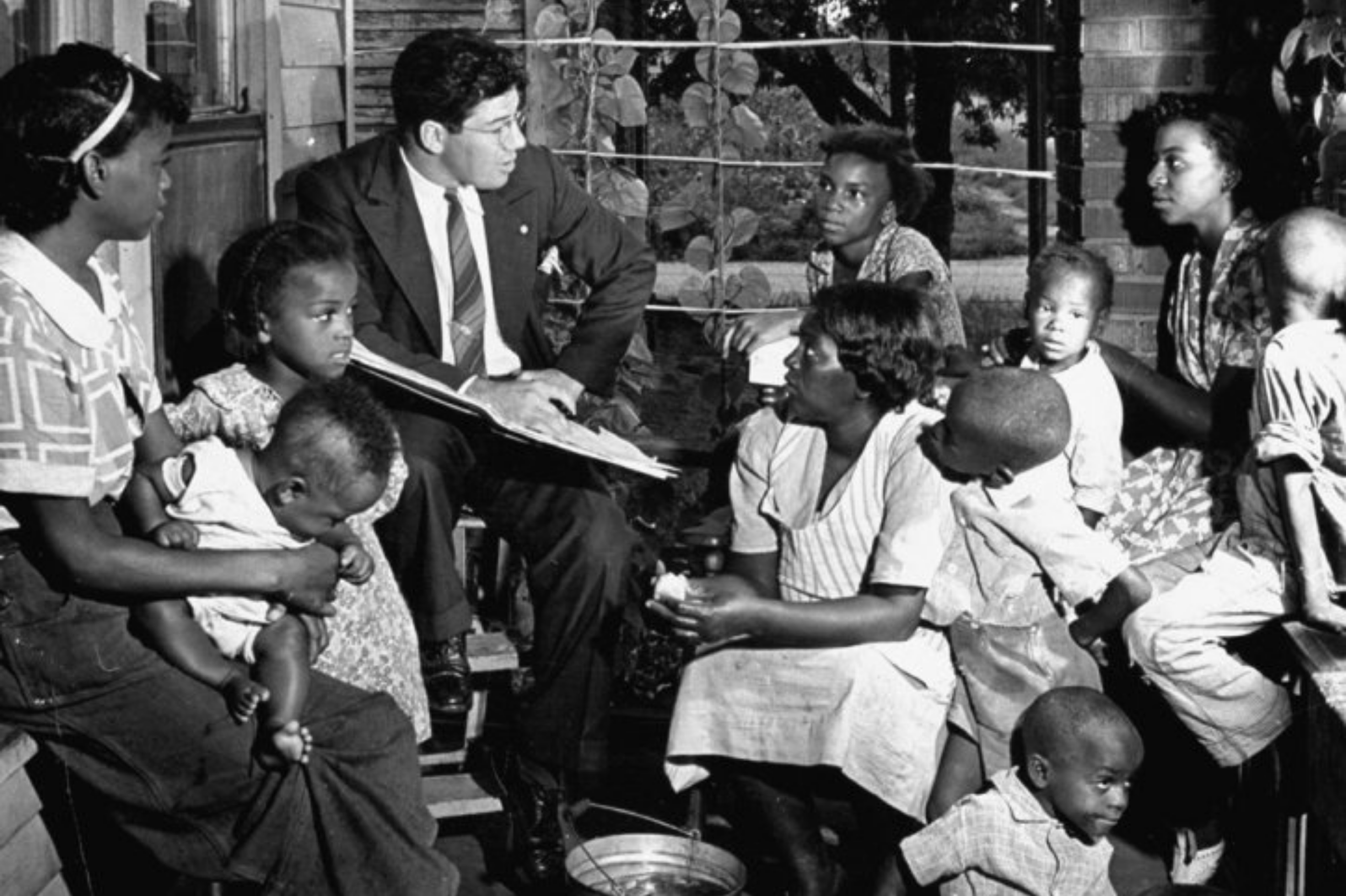Speak Up & Be Counted in the 2020 Census.
One major thing the coronavirus is affecting is the 2020 census which is a headcount of everyone living in the United States that happens every 10 years.
The number one thing to know about the census is that it’ll be online for the first time ever. You can also complete it by mail or on the phone. Invitations by mail with a code to complete it online just started to go out within the past two weeks to households around the country so please encourage your family members, people in your household, those who you’re in community with to look out for that piece of mail and complete the census, as it dictates the allocation of about $1.5 trillion in federal funding for community and social services- like the SNAP food stamp program- over the next ten years. It also affects legislative boundaries, redistricting for congressional representation and the electoral college which, again, will be locked in for the next decade once they’re redrawn. One thing I learned that I found interesting is the information is also considered when entrepreneurs try to get loans or other businesses try to come into communities with brick and mortar. All that to say: The census only takes a few minutes but it’s critically important and has a lot of implications on our day-to-day lives.
I had the chance to speak to Kendall B. Johnson, Program Manager for the 2020 Census Integrated Communications team, who stressed the importance of completing the census.
Listen below:
To address some common concerns about the census (all clarified by the Census Bureau):
For Immigrant Communities: The census questionnaire does not have a citizenship question, so anyone who is an immigrant- documented or otherwise- should still fill it out so you can be represented and take that step to ensure your community is accounted for when things like political power and funding are on the table. The Census Bureau also clarified that our responses are protected in terms of cybersecurity and that none of the information collected can be used against you or is otherwise shared with law enforcement, ICE or any other government agency, they only use your response to produce statistics.
For College Students who’ve been displaced because of the coronavirus: I know for Howard University, they had their own operations team to count students on campus through what's called a Group Quarters Count of dorms, but the Census Bureau now says to complete the Individual Census Questionnaire with the address you would’ve been living in on April 1, 2020 or the address that you’d be living in for most of the year. People who were living off-campus should do that as well. Graduating seniors who were about to relocate, or anyone else who planned on moving this year, should still complete the census using the address you would have been living at on April 1. You shouldn’t be counted at your permanent home address unless you live there most of the year to attend school.
For Hard-to-Count (HTC) Populations: Another part of the coronavirus’s impact on the census count that was concerning to me was the Bureau’s announcement that they’d be suspending their field operations. In addition to affecting their count of college students, this will more harshly impact their ability to accurately count Hard-to-Count (HTC) communities- people living in rural areas, people experiencing homelessness, people renting properties, low-income communities, people for whom English isn’t their first language, Indigenous peoples who live on reservations, and people who have been displaced because of natural disasters.
The COVID-19 pandemic will specifically delay or shut down altogether the non-response follow-up, originally set to take place in late April/ early May, which is when census takers visit your home in person to help you complete the census. That said, the Census Bureau continues to stress the importance of self-reporting online, by mail or on the phone to ensure that they get as close to a complete count as possible. This is especially important so they can use their field operations resources to focus on the count of people who have been historically undercounted.


